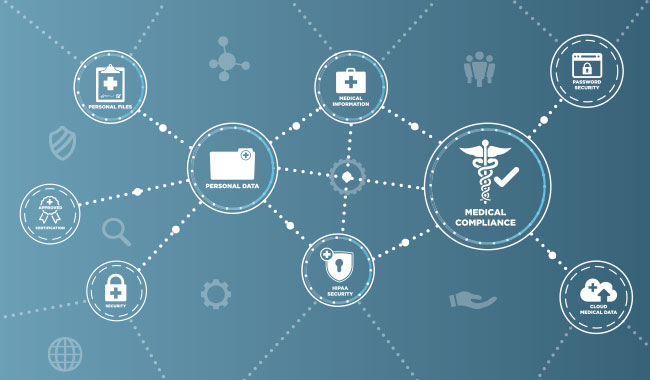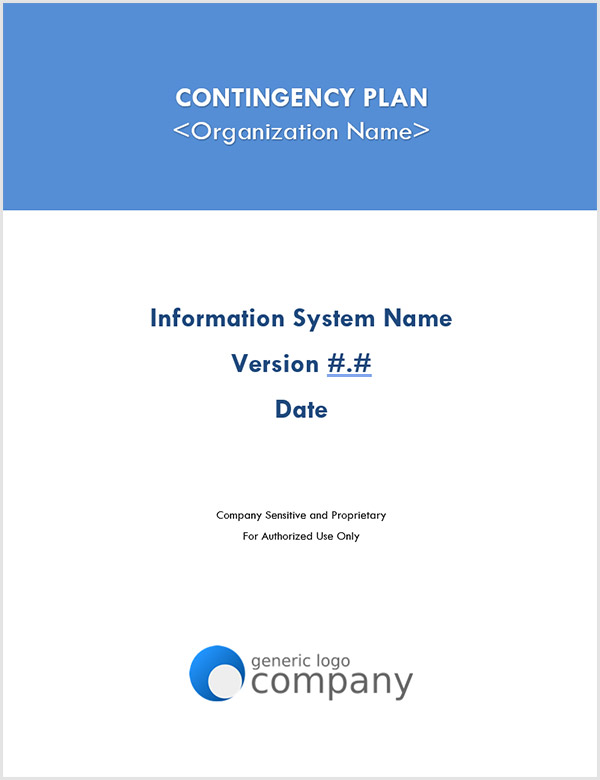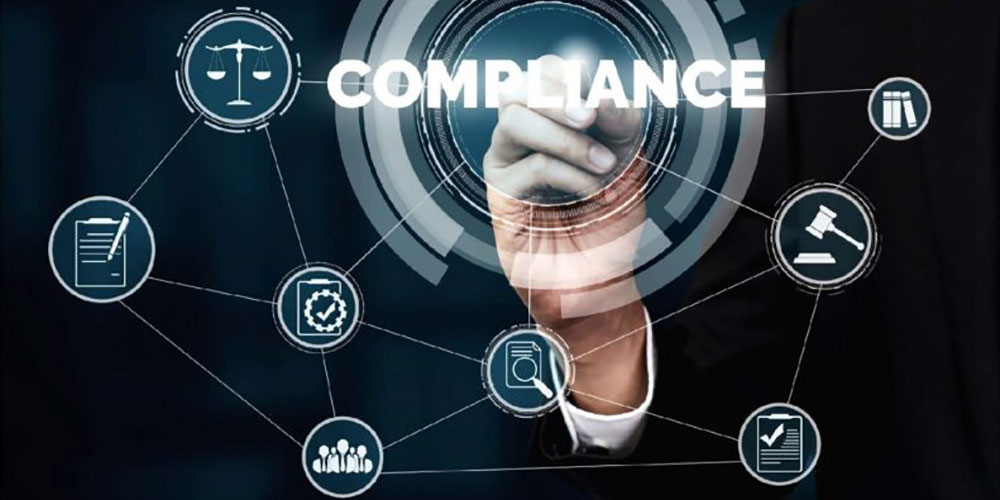We Treat Your HIPAA Compliance Infrastructure Like You Treat Your Patients
The digital information explosion has transformed healthcare, but it has also created a new set of challenges for healthcare practitioners at all levels. Digital healthcare information must be protected and stored for long periods of time.
Any organization generating, transmitting or storing electronic protected health information, or ePHI, must comply with security and information management regulations in the Health Information Portability and Accountability Act (HIPAA).
Our healthcare clients trust us with their patient-critical electronic information so they can focus on great health outcomes.

Trusted HIPAA Compliance Solutions
HIPAA Security & Privacy Digital Ecosystem


Go Beyond Your Consultation With Managed Services
Go beyond compliance with our Managed Services that provide a holistic approach to IT and Security management.
Expedite Risk Mitigation With Cyber Incident Response And Contingency Plan Templates
The Cyber Incident Response and Contingency Plan Template is a comprehensive suite of documents for assisting small businesses put in place a methodology for responding to incidents and recovering systems after a disaster.

Cybersecurity Resources
- Whitepapers
- Articles
- Blogs


